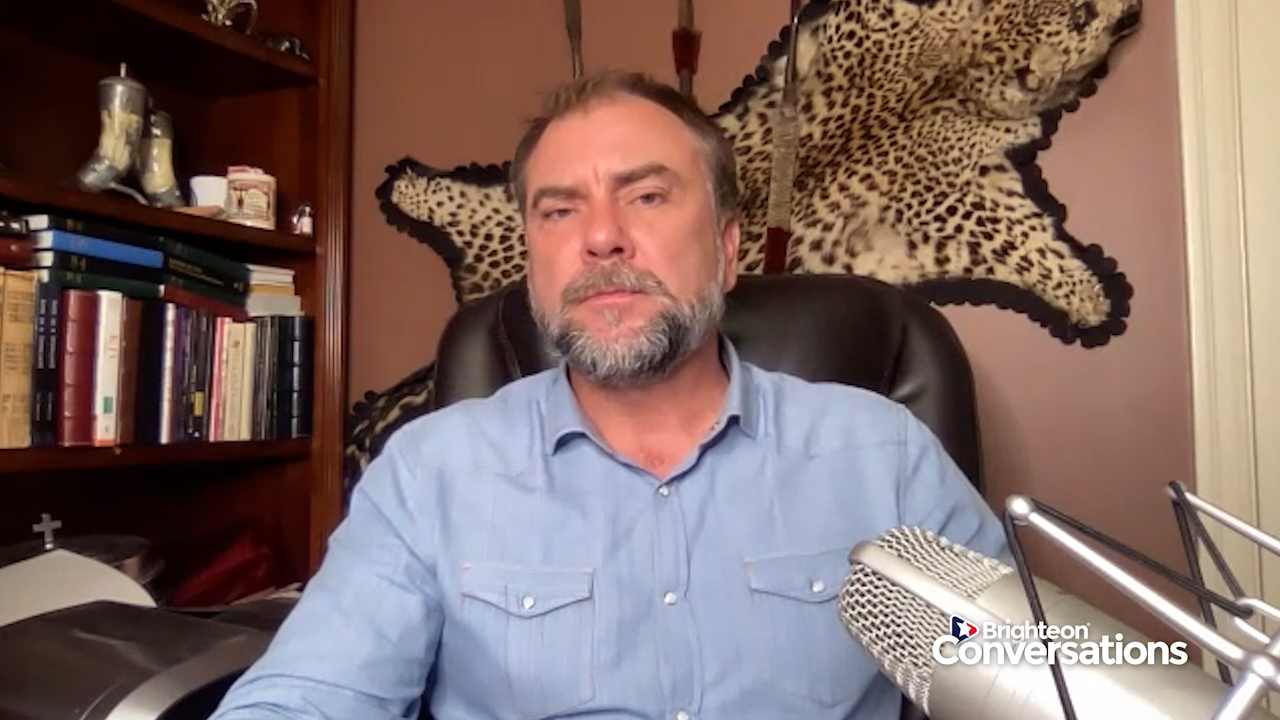Salman Rushdie blasts publishers over censorship, warns free expression is under threat
05/17/2023 / By Cassie B.

Author Salman Rushdie is sounding off about censorship among book publishers, calling attempts to make books in the James Bond series politically correct “almost comical” and warning that free expression is under threat.
Speaking in a video message at the British Book Awards this week, the Booker Prize winner said that freedom of expression has never been under as big of a threat as it is facing now in Western countries, although this has long been an issue elsewhere.
“Obviously, there are parts of the world where censorship has been prevalent for a long time. Quite a lot of the world: Russia, China, in some ways, India as well. But in the countries of the West, until recently, there was a fair measure of freedom in the area of publishing,” he noted.
“Now, I mean, sitting here in the United States, I have to look at the extraordinary attack on libraries and books for children in schools – the attack on the idea of libraries themselves,” he added.
He said that publishers who change old books to protect modern readers from feeling offended are making a mistake, pointing out that readers who are overly sensitive can simply choose to read something else.
The 75-year-old Indian-born British-American author lamented the fact that publishers are seeking to “bowdlerize” the works of popular authors like Ian Fleming and Roald Dahl to remove language that some people might find offensive.
For example, classic children’s books like Dahl’s Matilda were stripped of certain terms, such as “ugly” and “fat” He said these moves are “absurd censorship,” and the publisher eventually agreed to print the original versions alongside the updated ones following public criticism.
Meanwhile, negative language referring to African criminals has been removed from James Bond books, and publishers are enlisting the services of “sensitivity readers” to flag language that could be considered problematic in books.
Rushdie noted: “The idea that James Bond could be made politically correct is almost comical. I think that has to be resisted.”
He maintains that books should reflect their time, stating: “I think this has to be resisted. Books have to come to us from their time and be of their time, and if that’s difficult for you to take, don’t read them, read another book. But don’t try to remake yesterday’s work in the light of today’s attitudes.”
A report by PEN America found that public school book bans are on the rise, and nearly a third are directly related to new state laws. Some of the classic works that have been banned or challenged in recent years include Harper Lee’s To Kill a Mockingbird, John Steinbeck’s The Grapes of Wrath, and 1984 by George Orwell.
Freedom of expression has long been an important cause for Rushdie
Rushdie is no stranger to threats to freedom of expression. He has long been the subject of death threats related to one of his most famous works, The Satanic Verses, as some adherents of Islam considered its depiction of their religion blasphemous. Ayatollah Khomeini issued a fatwa calling for the author and his collaborators to be murdered in 1989; it remains in effect today. A $3 million bounty was also placed on his head, prompting him to go into hiding with police protection for nearly a decade after the book was published.
Last year, he needed emergency surgery after being stabbed multiple times on stage ahead of a scheduled lecture in New York; the attack left him without eyesight in one of his eyes and with nerve damage in his hand. Hadi Matar, his alleged assailant, has pleaded not guilty to attempted murder and assault.
Sources for this article include:
Submit a correction >>
Tagged Under:
absurd, banned, books, Censorship, Crybullies, culture wars, freedom, insanity, intolerance, left cult, Liberty, political correctness, publishers, publishing, resist, revolt, Salman Rushdie, speech police, Suppressed, thought police, wokies
This article may contain statements that reflect the opinion of the author
RECENT NEWS & ARTICLES
COPYRIGHT © 2018 SPEECHPOLICE.NEWS
All content posted on this site is protected under Free Speech. SpeechPolice.news is not responsible for content written by contributing authors. The information on this site is provided for educational and entertainment purposes only. It is not intended as a substitute for professional advice of any kind. SpeechPolice.news assumes no responsibility for the use or misuse of this material. All trademarks, registered trademarks and service marks mentioned on this site are the property of their respective owners.




















